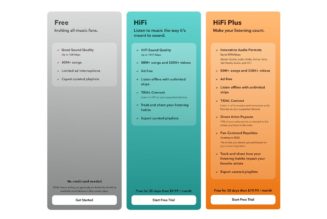
The Central Bank of Kenya in Nairobi.
The Central Bank of Kenya (Digital Credit Providers) Regulations, 2022, provides for the licensing and oversight of non-banking microfinance companies by CBK. The regulations prohibit these companies from the business without CBK licensing.
To date only 10 percent out 740 non-banking microfinance companies have been licensed.
Non-banking microfinance companies can be categorised into two: Digital lenders and non-digital lenders. These firms are protesting delays in getting operational licences from CBK amid being blocked from Google Play Store and apathy from funders that provide cash for onward lending.
The financiers are demanding CBK certification before releasing money to the lenders.
These firms contribute billions of shillings in tax remittances to the exchequer, employ thousands of Kenyans, and create business opportunity to millions.
Since 2021, the State has come with regulation after regulation in the digital lending sector. Fintech companies are expected to be on the lookout for several administrative updates that affect their operations.
Such updates include CBK Credit Repair Framework, compliance with CBK (Digital Credit Lenders Providers) Regulations 2022, cyber security laws, Google Play policy changes, and compliance with the Data Protection Act of 2019.
According to the Kenya Bankers Association, the fragmented nature of the legal and regulatory framework in the digital financial service sector in Kenya means that entities seeking to play in this space have to scour through statutes, regulations and circulars to know their obligations.
Non-banking microfinance companies seeking the CBK’s licensing are required to submit multiple documents that run into hundreds of pages.
Most old lending firms are unable to explain to their stakeholders, including their customers and employees the state of the licensing since on their part, applications for licensing had been completed by September 17, 2022.
From these hiccups, it is important for CBK to reconsider combining or reconfiguring the financial sector regulatory framework in line with best practices.
Otieno Panya is a Sustainable Supply Chain Management lecturer at Jomo Kenyatta University(JKUAT).









